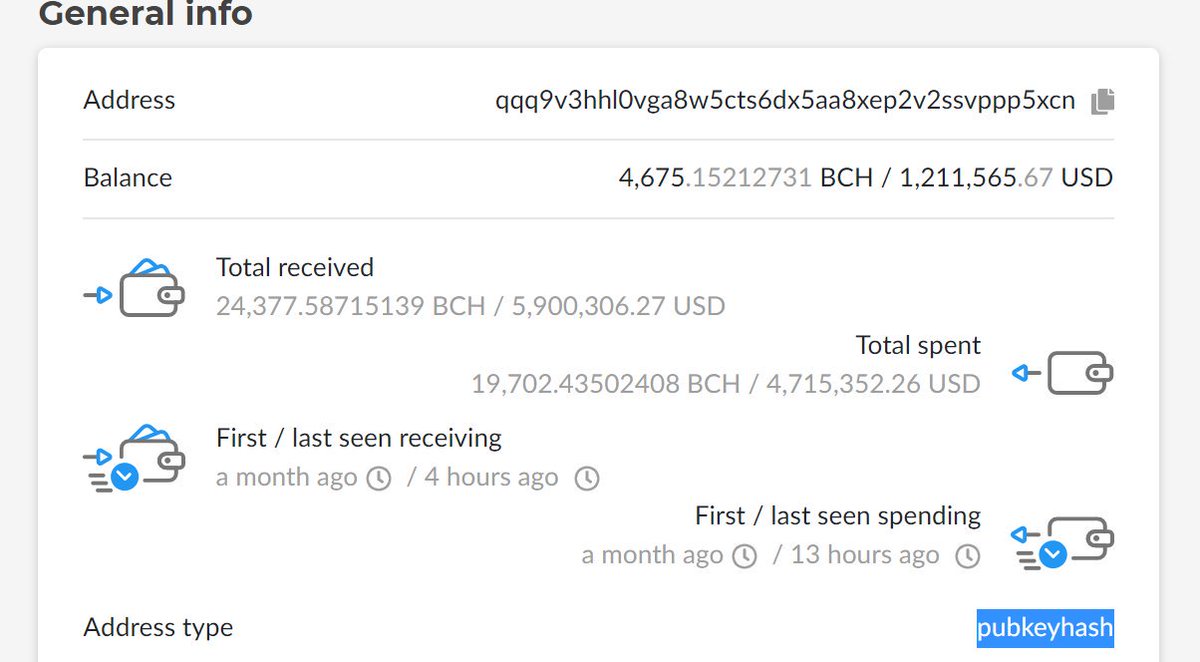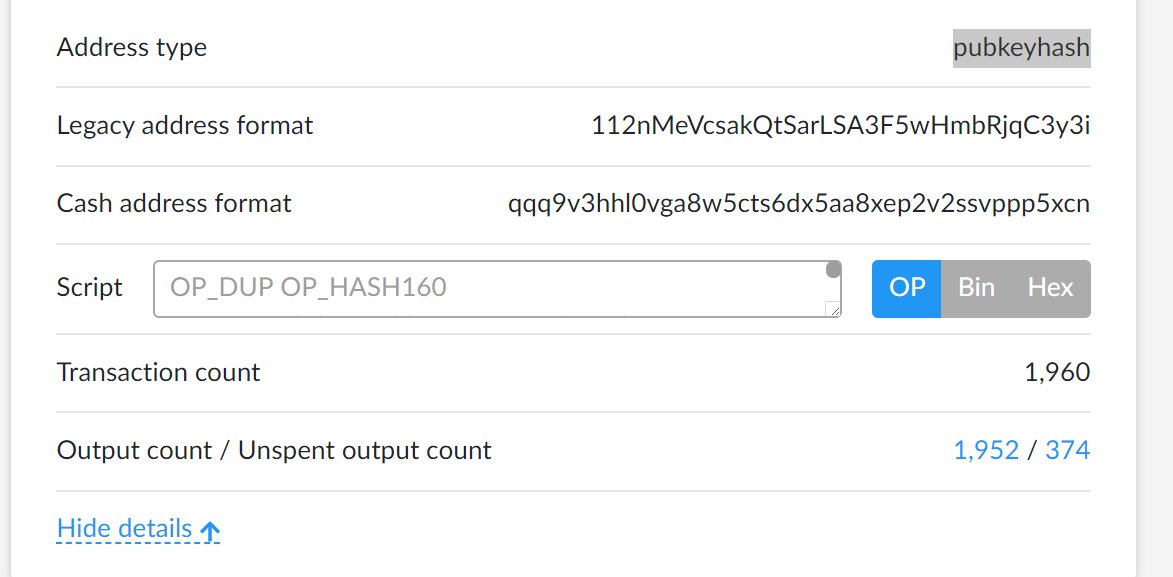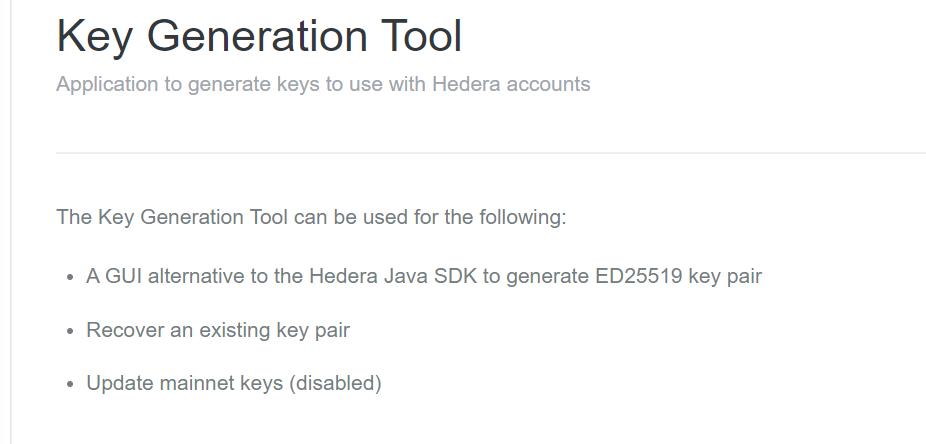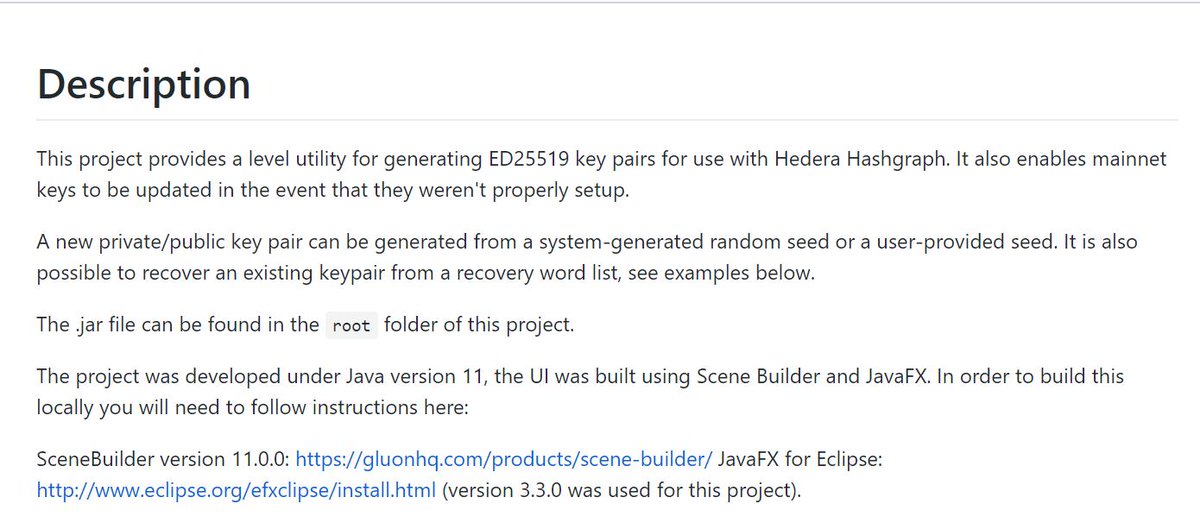
1/ This article enumerates the inefficacy of modern wallet solutions (and why I recently wrote a three-part series titled, 'Why You Don't Need a Hardware Wallet' <-- being released today in an hour or so).
https://twitter.com/lorenzofb/status/1303690581500141570
2/ If you read the quoted tweet above and thought to yourself, 'Wait a minute, I thought that Bitcoin & blockchain were supposed to be unhackable!', then you're on the right track.
Its more so that the *cryptography* used for Bitcoin cannot be reasonably cracked.
Its more so that the *cryptography* used for Bitcoin cannot be reasonably cracked.
3/ However, these cryptographic primitives (i.e., ecdsa) are only as strong as their implementation and only as secure as their execution environment.
The idea of encrypting 'wallet.dat' files (a default standard for $BTC by Core), is unnecessarily dumb & unnecessary.
The idea of encrypting 'wallet.dat' files (a default standard for $BTC by Core), is unnecessarily dumb & unnecessary.

4/ Here is a 'StackExchange' response that breaks down how to actually change the contents of something that's been encrypted
at this point in time.
source = crypto.stackexchange.com/questions/8578…



at this point in time.
source = crypto.stackexchange.com/questions/8578…




5/ Anyone can correct me if I'm wrong...but it appears that the hash (SHA-512) in unsalted? (not seeing anything about a KDF here in these specifications). 

5a/ This + encrypted master key being stored in memory (yielding cipher txt) & encryption being done with a non-random input [i.e., a user-generated password], which leads me to believe that rainbow tables / dictionary attacks would be viable here
security.stackexchange.com/questions/4594…
security.stackexchange.com/questions/4594…

6/ I'm not sure why the Keybase wallet version of BIP38 has not been adopted for use as a standard by modern Bitcoin wallets.
BIP38 specifications are a step in the right direction, but ultimately suffer from the same inherent weakness ... stealable private keys
BIP38 specifications are a step in the right direction, but ultimately suffer from the same inherent weakness ... stealable private keys

7/ Keybase's warp wallet (influenced by the 'MemWallet'), simply utilized the concept of 'Brainwallets' (without some of the more asinine, generalized assumptions included within the Bitcoin Wiki; link = en.bitcoin.it/wiki/Brainwall…)
This *does not mean use mnemonics*
This *does not mean use mnemonics*

8/ Conversely, Keybase(.)io created the 'warp wallet', which utilizes 'Scrypt', a memory-hard hash function [i.e., they actually introduce a KDF into the equation].
keybase.io/warp/warp_1.0.…
keybase.io/warp/warp_1.0.…

keybase.io/warp/warp_1.0.…
keybase.io/warp/warp_1.0.…


9/ The effectiveness of this solution vs. the 'brainwallet' outlined via BIP38 (in the specs + Bitcoin Wiki) derives from Keybase taking advantage of the deterministic property of Bitcoin wallet generation (secp256k1) with same *seed*
Outlined = tools.ietf.org/html/rfc6979
Outlined = tools.ietf.org/html/rfc6979

10/ Net result is that Keybase was able to create a Bitcoin wallet with only 8 characters (only number & letters, no symbols), with 20 bitcoins up for grabs (since 2016) --- they have yet to be stolen 

11/ Notably, the Vice article that is linked in the quoted tweet (at the top of this thread), insists that the wallet in question with $690M+ in it was being passed in hacker circles; so there's no reason to believe that this simplistic PW by the Keybase wallet wouldn't as well 



12/ Guess that's the conclusion of this thread / rant on ineffective (unnecessary) wallet 'solutions' that persist in lieu of *much better alternatives* that have been proposed and shelled out (and are still available as an open source solution).
• • •
Missing some Tweet in this thread? You can try to
force a refresh
















